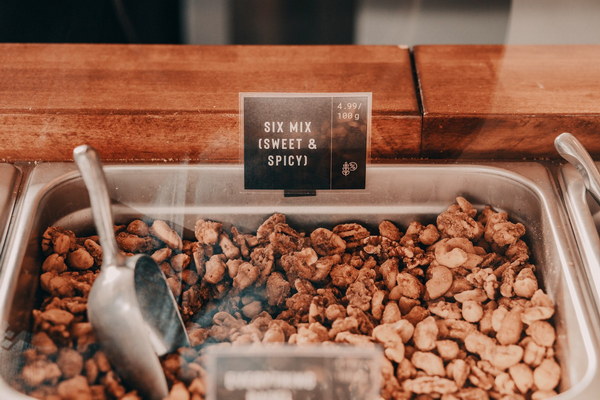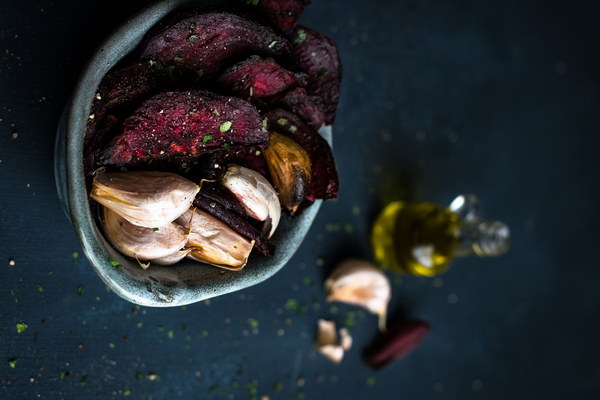Stony Bread The Ancient Panacea for Soothing Your Stomach
In the heart of traditional cuisine, there lies a humble yet miraculous food known as stony bread. This ancient staple, with its rich history and healing properties, has been a beloved comfort for countless generations. Derived from the simple ingredients of flour, water, and a unique volcanic stone, stony bread is not just a dish but a time-honored remedy for soothing your stomach. Let's delve into the world of stony bread and discover how this ancient creation continues to nurture our digestive health.
Stony bread, also known as lava rock bread or volcano bread, is a traditional food that originates from the volcanic regions of Japan. The unique aspect of this bread lies in its preparation process. During baking, a volcanic stone is placed inside the bread dough, which gives the bread its characteristic stony texture. This process not only adds a distinctive flavor but also infuses the bread with numerous health benefits, particularly for the stomach.
The stony bread's volcanic stone, known as ishikura, is believed to have originated from Mount Asama, one of Japan's most active volcanoes. The stone is carefully selected for its purity and is then baked along with the bread dough. The stone is used in various traditional Japanese dishes, but it is in stony bread where it truly shines.

One of the primary reasons why stony bread is so beneficial for the stomach is its high mineral content. The volcanic stone imparts a variety of essential minerals, such as calcium, iron, potassium, and magnesium, into the bread. These minerals play a crucial role in maintaining a healthy digestive system, helping to alleviate common stomach issues like bloating, indigestion, and constipation.
Another key advantage of stony bread is its ability to absorb excess stomach acid. The stone's unique texture and composition allow it to absorb acid and neutralize it, providing relief from heartburn and acid reflux. This natural antacid effect is perfect for those who suffer from frequent stomach discomfort or have a sensitive digestive system.
Moreover, the stony bread's slow-cooking process contributes to its soothing properties. The stone retains heat and gradually releases it throughout the bread, ensuring that the dough is thoroughly cooked. This method of baking helps to break down the gluten, making the bread easier to digest for individuals with gluten sensitivity or celiac disease.
In addition to its health benefits, stony bread is also a delightful treat to enjoy. The earthy, slightly salty taste of the volcanic stone complements the sweetness of the dough, creating a unique flavor profile that is both comforting and satisfying. Whether enjoyed as a breakfast, snack, or dessert, stony bread is a versatile option that can be enjoyed in various forms, such as bread rolls, loaves, or even as a base for sandwiches.
Despite its ancient origins, stony bread is making a comeback in modern times. Chefs and health enthusiasts alike are rediscovering the wonders of this traditional food, and its popularity is growing. People are now appreciating the connection between cuisine and wellness, and stony bread serves as a perfect example of how food can be both delicious and beneficial for our health.
In conclusion, stony bread is a remarkable creation that has stood the test of time, offering a multitude of health benefits for the stomach. Its high mineral content, antacid properties, and unique texture make it a valuable addition to anyone's diet. So, next time you're looking for a comforting and healthy option, consider giving stony bread a try. Who knows, this ancient panacea might just be the key to soothing your stomach and improving your overall well-being.









